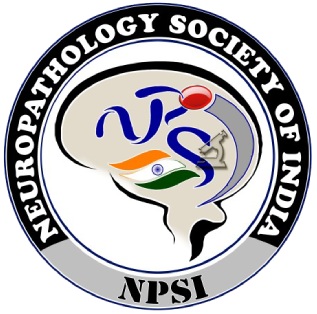
JLN Auditorium, AIIMS, New Delhi
The JLN Auditorium, located within the premises of AIIMS in New Delhi, stands as a testament to Pandit Jawaharlal Nehru's vision of fostering a scientific culture in India. Following independence, Nehru envisioned the establishment of a premier medical institution to lead in education and research, a dream supported fervently by then Health Minister, Rajkumari Amrit Kaur.
The groundwork for AIIMS was laid by the recommendations of the Health Survey and Development Committee, chaired by Sir Joseph Bhore in 1946. Nehru's aspirations, Kaur's dedication, and the Bhore Committee's suggestions aligned, attracting support from the government of New Zealand under the Colombo Plan. With their generous grant, the foundation stone for AIIMS was laid in 1952, and it was officially established in 1956 through an Act of Parliament.
Since its inception, AIIMS has been committed to providing top-tier medical education and training to students, both undergraduate and postgraduate. It has consolidated outstanding educational resources for the comprehensive training of healthcare professionals. Moreover, AIIMS has consistently excelled in patient care, research endeavors, and academic publications, earning global recognition.
The institute houses several centers of excellence, specializing in fields such as cancer treatment, neurology, cardiovascular sciences, nursing education, dental care, surgery, and geriatric medicine. Beyond New Delhi, AIIMS extends its medical services to rural areas through initiatives like the Comprehensive Rural Health Centre in Ballabgarh, Haryana, and the National Cancer Center in Jhajjar.
Today, AIIMS, New Delhi stands as a beacon of medical excellence in India and Asia, boasting a distinguished alumni roster that includes luminaries such as Deepak Chopra, Sanduk Ruit, Sanjiv Chopra, Soumya Swaminathan, Vinay Kumar, and Arvinder Singh Soin.
In essence, AIIMS is dedicated to:
- Setting high standards in medical education for all institutions across India.
- Offering top-tier training facilities in various healthcare disciplines.
- Striving for self-sufficiency in postgraduate medical education.
- Fostering a culture of high-quality clinical and basic research.
- Continuously innovating and pioneering in the field of healthcare.


